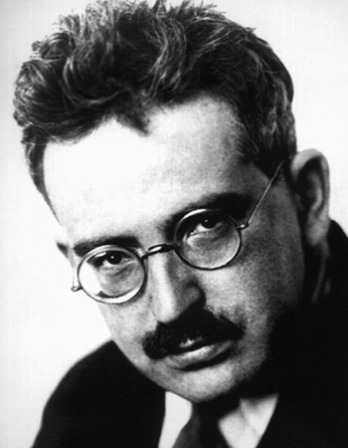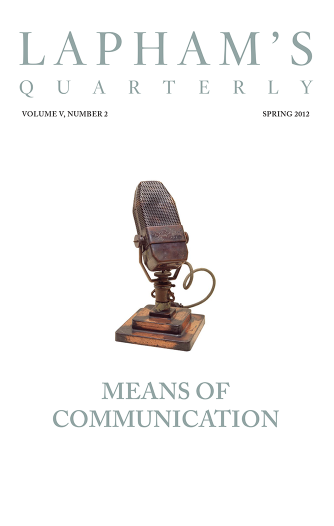The term “leisure,” as here used, does not connote indolence or quiescence. What it connotes is nonproductive consumption of time.
Time is consumed nonproductively (1) from a sense of the unworthiness of productive work, and (2) as an evidence of pecuniary ability to afford a life of idleness. But the whole of the life of the gentleman of leisure is not spent before the eyes of the spectators who are to be impressed with that spectacle of honorific leisure which in the ideal scheme makes up his life. For some part of the time his life is perforce withdrawn from the public eye, and of this portion which is spent in private the gentleman of leisure should, for the sake of his good name, be able to give a convincing account. He should find some means of putting in evidence the leisure that is not spent in the sight of the spectators. This can be done only indirectly, through the exhibition of some tangible, lasting results of the leisure so spent—in a manner analogous to the familiar exhibition of tangible, lasting products of the labor performed for the gentleman of leisure by handicraftsmen and servants in his employ.
The lasting evidence of productive labor is its material product—commonly some article of consumption. In the case of exploit it is similarly possible and usual to procure some tangible result that may serve for exhibition in the way of trophy or booty. At a later phase of the development it is customary to assume some badge or insignia of honor that will serve as a conventionally accepted mark of exploit, and which at the same time indicates the quantity or degree of exploit of which it is the symbol. As the population increases in density, and as human relations grow more complex and numerous, all the details of life undergo a process of elaboration and selection, and in this process of elaboration the use of trophies develops into a system of rank, titles, degrees, and insignias, typical examples of which are heraldic devices, medals, and honorary decorations.
As seen from the economic point of view, leisure, considered as an employment, is closely allied in kind with the life of exploit, and the achievements which characterize a life of leisure and which remain as its decorous criteria, have much in common with the trophies of exploit. But leisure in the narrower sense, as distinct from exploit and from any ostensibly productive employment of effort on objects which are of no intrinsic use, does not commonly leave a material product. The criteria of a past performance of leisure therefore commonly take the form of “immaterial” goods. Such immaterial evidences of past leisure are quasi-scholarly or quasi-artistic accomplishments and a knowledge of processes and incidents which do not conduce directly to the furtherance of human life. So for instance, in our time there is the knowledge of the dead languages and the occult sciences; of correct spelling; of syntax and prosody; of the various forms of domestic music and other household art; of the latest proprieties of dress, furniture, and equipage; of games, sports, and fancy-bred animals such as dogs and racehorses. In all these branches of knowledge the initial motive from which their acquisition proceeded at the outset, and through which they first came into vogue, may have been something quite different from the wish to show that one’s time had not been spent in industrial employment, but unless these accomplishments had approved themselves as serviceable evidence of an unproductive expenditure of time, they would not have survived and held their place as conventional accomplishments of the leisure class.
These accomplishments may, in some sense, be classed as branches of learning. Beside and beyond these there is a further range of social facts which shade off from the region of learning into that of physical habit and dexterity. Such are what is known as manners and breeding, polite usage, decorum, and formal and ceremonial observances generally. These facts are even more immediately and obtrusively presented to the observation, and they are therefore more widely and more imperatively insisted on as required evidences of a reputable degree of leisure.
From The Theory of the Leisure Class. After receiving his PhD from Yale University in 1884, Veblen failed to secure a teaching position and sequestered himself on his father’s farm in Minnesota, where he devoted the majority of the next seven years to reading. In this first and best-known work, he coined the terms “conspicuous consumption,” “pecuniary emulation,” and “honorific waste.” Veblen died at the age of seventy-two in 1929.
Back to Issue




